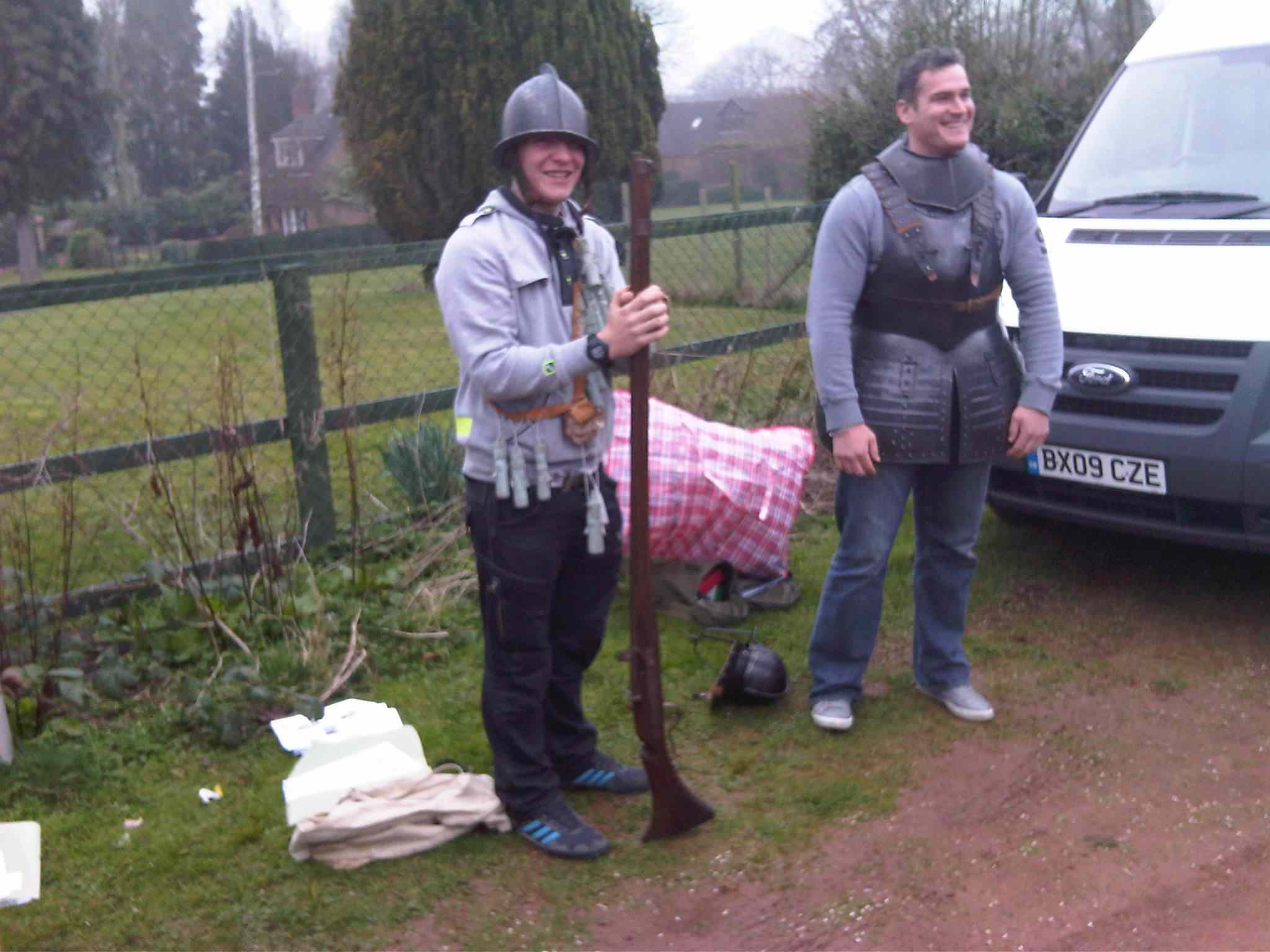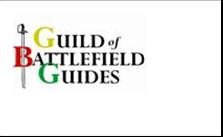There are several terms in use for the activity of visiting a battlefield, most of which might be commonly understood as “battlefield tours.” However, there are subtle but significant differences between battlefield tours, battlefield studies, realities of war tours and staff rides.
Historic Battlefield Tours
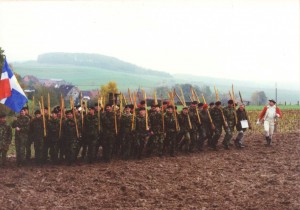
A historical battlefield tour is a visit to the site of a campaign, but with little or no preliminary or systematic study or active involvement by participants. An expert leading the tour would talk, and the participants listen or ask questions. Although the MOD does not provide public funds for battlefield tours. It might be possible to organise these as a team building event or to use non public funds.
Staff Rides
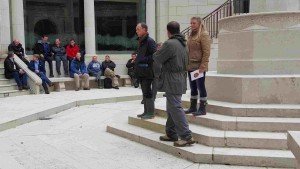
A staff ride consists of systematic preliminary study of a selected campaign, an extensive visit to that campaign and an opportunity to integrate the lessons derived from each. Students study before hand and actively participate in syndicate work. This is the basis for the British Army’s approach to using historic battlefields for training. The activities undertaken can include a mixture of historic study, terrain study and TEWTs..
Battlefield Studies
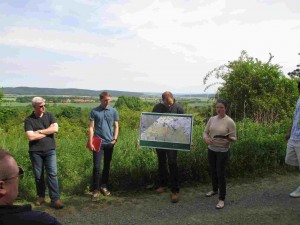
The British Army reserve the term Staff Ride for exercises run by staff colleges and major formations, and use the term Battlefield Study for unit exercises. The procedures for undertaking staff rides and battlefield studies are set down in AGAI Volume 1 Chapter 23.
Realities of War Tours
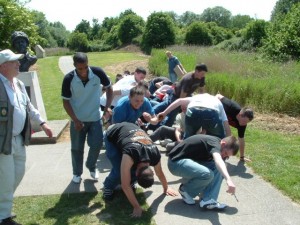
Since 2000 the British Army has included a Realities of War exercise in the initial training. These use a battlefield study as a vehicle to reinforcing the Core values of the British Army. These include a high level of participation, to a exercises undertaken by sections at each stand at each stand under the direction of military staff supported by a battlefield guide.
RAF Staff Rides
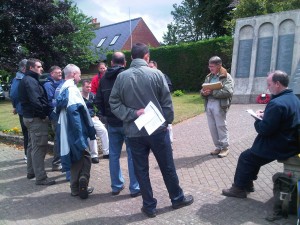
The RAF introduced Staff Rides about ten years ago in order to develop a service ethos and understanding of air power. It defines Staff Rides as “The guided participatory analysis of selected historical operations , in relevant locations, in order to develop the moral and conceptual components of Air and Fighting power across the RAF.” The RAF stresses the importance of learning relevant modern lessons. Throughout the training of their staff ride facilitators the emphasis is on exploring the past, translating this to the present day and projecting actions for the future.
THE PLAYERS
Historian /Subject Matter Expert.
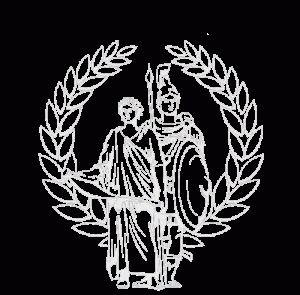
Someone who knows the military history opf the action, its context and warfare of the time. A historian may not know the local area of the battlefield or be a guide to a local area. It isn’t essential to use an external historian, but can save a lot of research. The British Commission for Military History has supported the Army in major staff rides. Its historians contributed chapters to the Army’s First World War Battlefield Guide. Our associates are historians we have worked with on military projects.
Battlefield Guides
Battlefield Guides have a mix of historic and local knowledge, presentation skills and practical tour management expertise. Battlefield guides vary in the scope and depth of their subject matter expertise. Not all will have the breadth of historic knowledge or of local destinations to advise on the relative merits of different destinations. A good guide can help you to find the exercise destination that suits the overall objective and advise on local travel, accommodation and other facilities. The Guild of Battlefield Guides is the trade body for battlefield guides, and was set up under the patronage of the late professor Richard Holmes. Full members of the Guild have a numbered badge awarded after demonstrating their competences to their peers. Our associates are guides who have expertise in military groups with staff rides, battlefield studies and realities of war tours.
Tour Operators.
Tour operators provide travel packages that include transport, accommodation and other services such as guide services, museum entrances etc. There is an obligation on tour operators who take deposits to provide a bonded account to refund client money in the event of business failure. However, this is not necessary for services paid for in arrears.
There is no obligation to use a tour operator. Indeed, the phrasing of the Army and RAF instructions encourages the exercise planners to undertake as much of the travel planning in house as a good project to develop junior officers in project management skills. However, a tour operator can often buy accommodation at a cheaper rate, and can source local transport and food. There is a trade off between the time taken to research transport, accommodation and local facilities and the charge for doing so.
Tour operators vary in the depth and range of their expertise. In order to service a battlefield study or staff ride they will rely on the client or a battlefield guide to advise them of the itinerary and local accommodation and services to support travel to destinations outside the most heavily visited.
Our partners are businesses that we have worked with over some time supporting military clients
Military Directing Staff.
They may include an exercise director, exercise planner, syndicate directing staff, as well as any other project staff that may need to be defined. Someone needs to be responsible for ensuring that the activities will lead to the military objectives of the exercise. General Melvin’s paper “Contemporary Battlefield Tours and Staff Rides A military Practitioner’s View has practical advice about the tasks that need to be undertaken.
